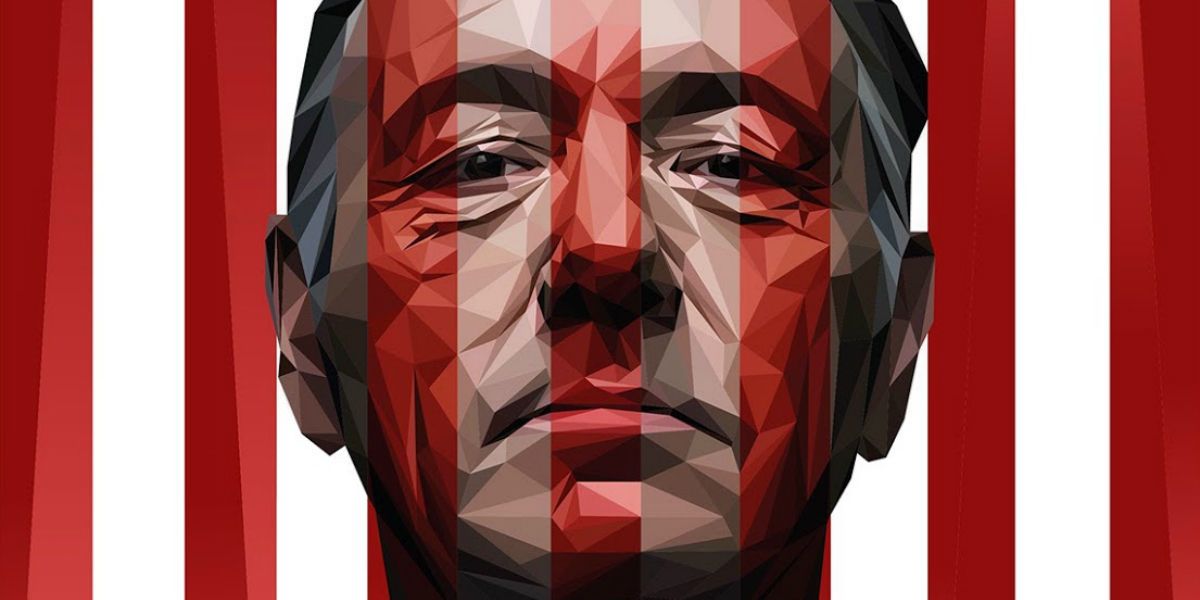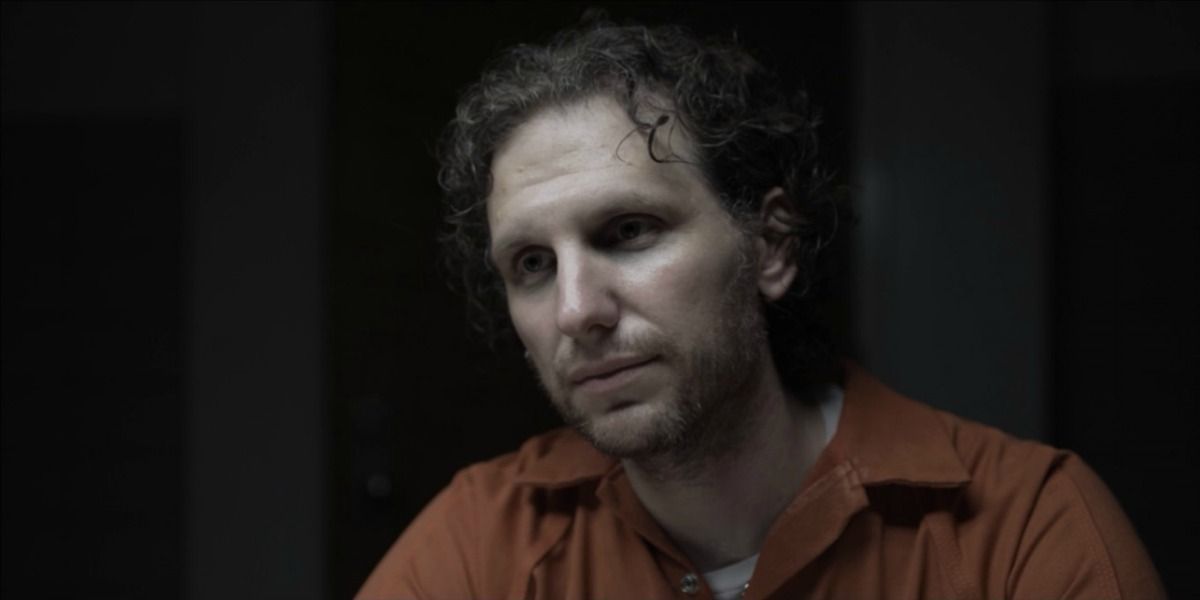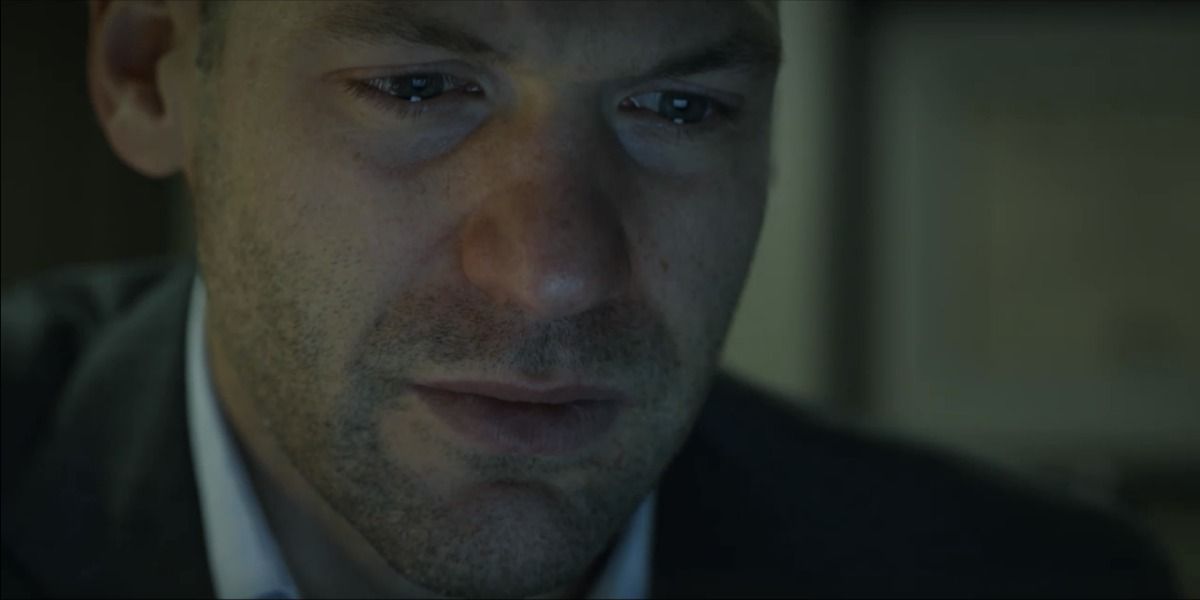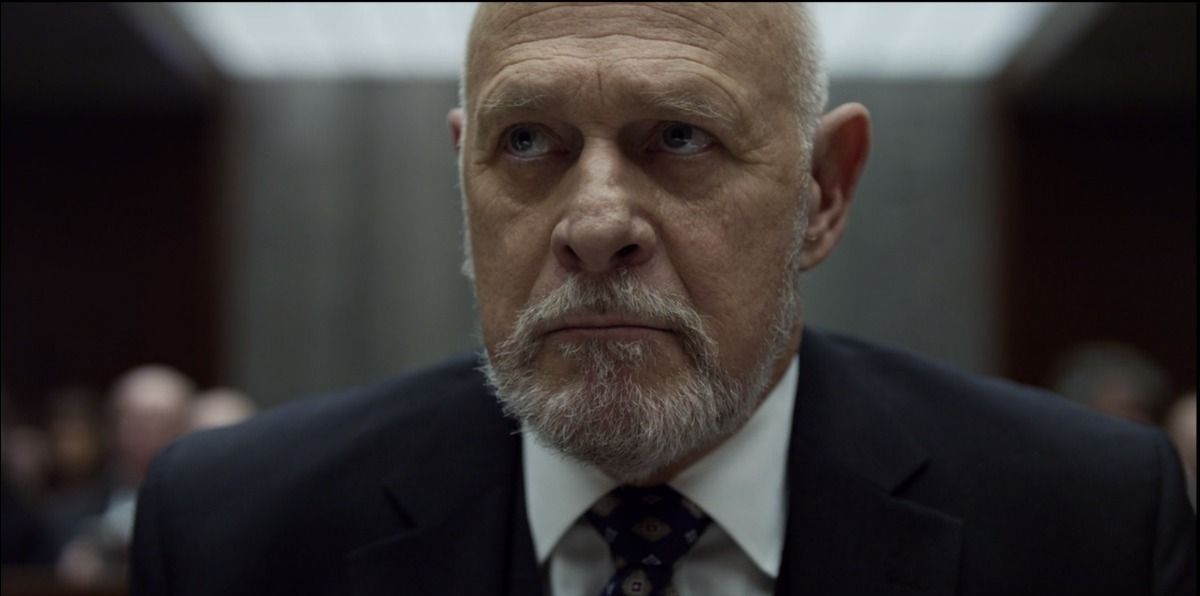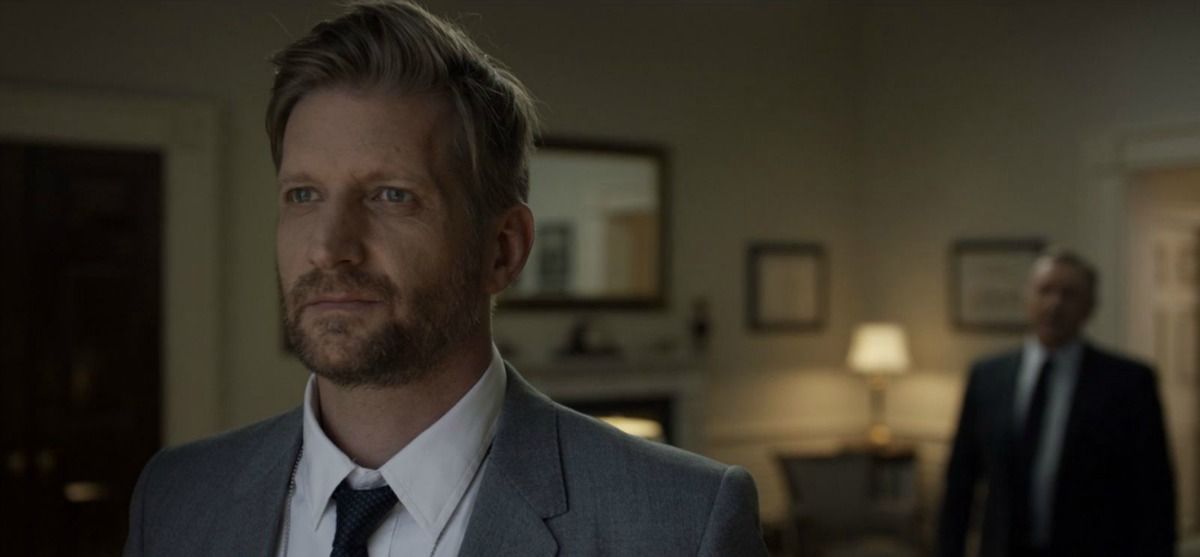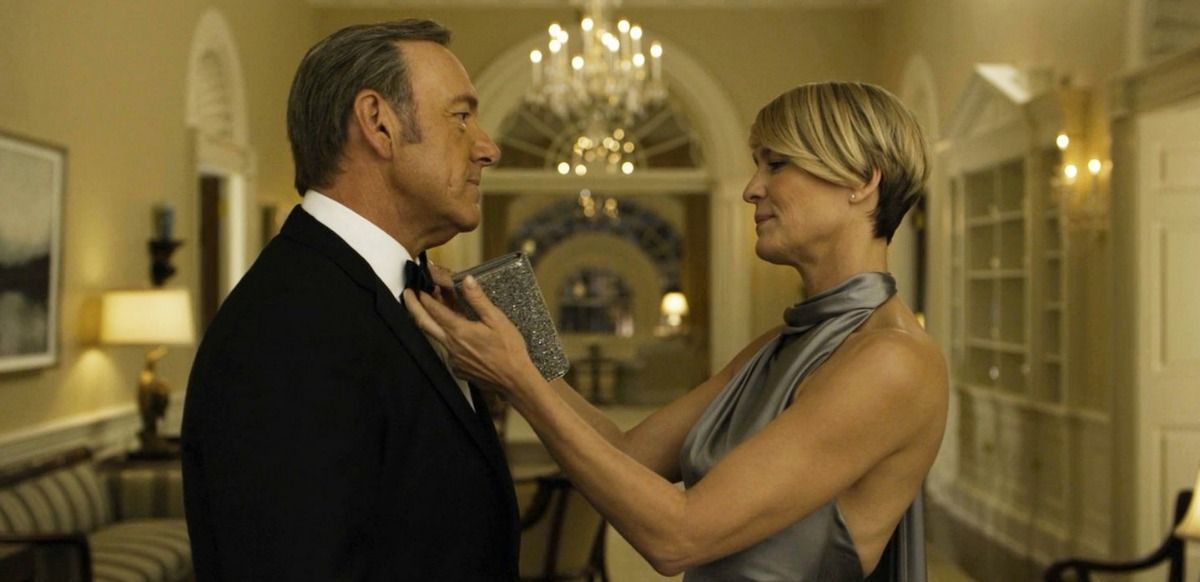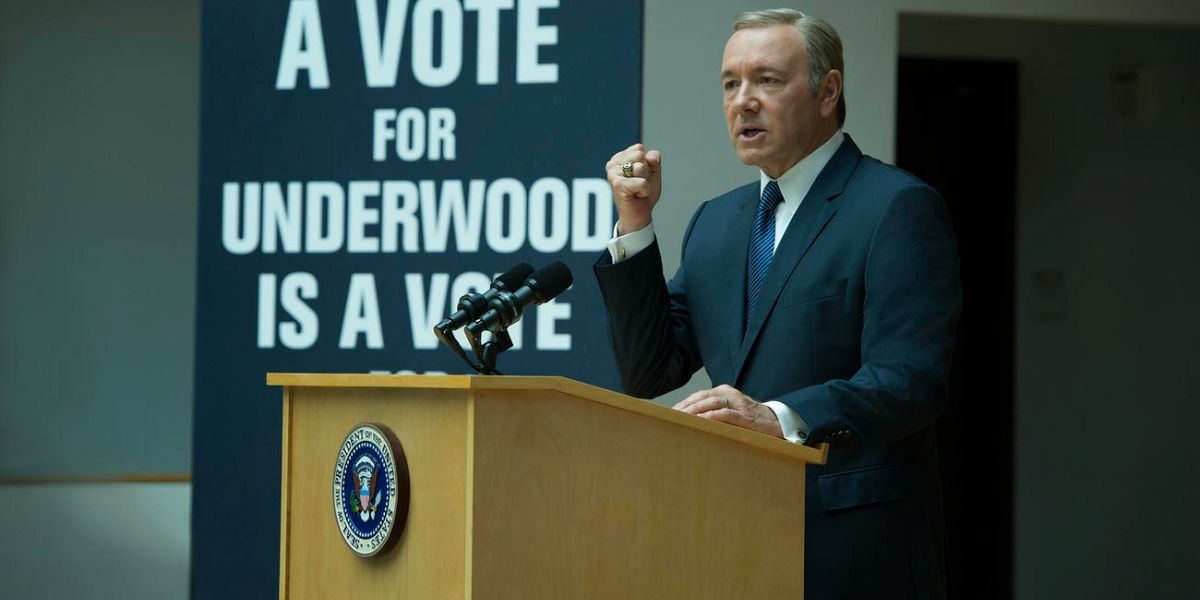WARNING: There are spoilers for House of Cards season 4 below.
-
With its fourth and most current season, House of Cards continues to be one of the most slickly produced and compellingly written – though, of course, certainly not the most perfect – television shows on the air. This is thanks in no small part to this latest season’s strategy of taking everything that has come before, from the series premiere all the way to the third-season finale, and synthesizing it all together in one comprehensive storyline, ending this year’s outing on a sweeping, climactic crescendo. It is truly a narrative sight to be seen.
Yet it’s precisely this crescendo that lends a certain air of finality to the series. Why attempt to wrap up a huge swath of previously discarded characters, story arcs, and thematic motifs, after all, unless one was beginning to transition to the endpoint of his narrative? While the stories of President Francis Underwood (Kevin Spacey) and his now-running mate, Claire Hale Underwood (Robin Wright), could potentially go on for another four years, covering Frank’s second term – and perhaps even beyond that – the structure of the overarching story would prove to be more than unwieldy, and the life force of the series could well and truly be spent by then, with audiences burnt out on the nihilistic (and narcissistic) political manipulation of the Underwoods and their long list of victims and felonies straining credibility.
Let’s compile a quick catalogue of this season’s callbacks and reintroductions, exploring how most series typically save this type of coming full circle for their final year. This, then, is Why House of Cards’s Fifth Season Should Be Its Last.
The press corps
House of Cards started off life with several of its characters, both main and recurring, being firmly steeped in the journalistic world. Zoe Barnes (Kate Mara), Lucas Goodwin (Sebastian Arcelus), Janine Skorsky (Constance Zimmer), and Tom Hammerschmidt (Boris McGiver) all originally worked together at the Washington Herald at the beginning of the series, before they splintered off and, over the course of the second season, faded from the public limelight for one reason or another: Zoe, of course, is killed by Frank for getting a little too close to the truth; Lucas is imprisoned after attempting to prove Frank’s complicity in her murder; Janine flees to Ithaca, New York and takes up teaching at a community college to escape the presidential wrath; and Tom is forced to retire after his continued run-ins with Zoe make him unpopular with the Herald’s ownership.
Although the show kept up the press angle moving forward into the third season – first introducing Ayla Sayyad (Mozhan Marno), a reporter for the Washington Telegraph, and then focusing on her replacement, Kate Baldwin (Kim Dickens), the Telegraph’s chief political reporter – it was relegated to being a minor thread, more of a background element than an agent actively involved, whether deliberately or inadvertently, in the unfolding of President Underwood’s continued machinations. And with the grand introduction of Thomas Yates (Paul Sparks), a novelist-turned-mouthpiece for the administration who is there more to play up the emotional connections (or is that dissonance?) between Frank and Claire than to help move the political plot along, House of Cards had truly turned a page in its journalistic book.
Until, of course, this year, when Lucas Goodwin is released from prison and elects to endure some pretty extreme acts in order to get a chance – any chance – to revive his failed crusade against outing the president and his duplicitous ways. It is Lucas who opens the fourth season premiere, despite the fact that the episode picks directly up from the previous finale’s cliffhanger ending, and it proves to be a delicious bit of foreshadowing to what role these resurrected characters would play this year. Although his new run would ultimately prove to be short-lived – he lasted for only the first four installments, before going out in a blaze of glory, so to speak – it manages to pluck the journalistic-investigation-into-Underwood berry off the narrative vine, where it was left to rot a year and a half ago.
The fruit it produces is some of the sweetest the show has yet offered: with Tom Hammerschmidt proving to be an old-school reporter of a caliber perhaps greater than any of his investigative progeny, he manages to acquire and then present in a public forum the first tangible proof that Frank, indeed, was involved with the back room deal-making that got President Garrett Walker (Michael Gill) removed from office. That Tom still refuses to believe that Frank is capable of murdering either Zoe Barnes or Congressman Peter Russo (Corey Stoll) is a perfect touch, keeping the show grounded in reality and preventing it from slipping into a the-bad-guys-always-get-caught-in-a-grand-indictment caricature. That he still manages to stop by and catch back up with a number of other long-absent characters, ranging from Janine Skorsky to the long-gone Garrett Walker to the suddenly intransigent Freddy Hayes (Reg E. Cathey), is even more superlative.
This guarantees that the short lifespans (whether literal or figurative) of Zoe Barnes, Lucas Goodwin, Janine Skorsky, and Ayla Sayyad will not have been in vain, and it absolutely ensures that the journalistic sphere will remain a pivotal part of the show’s denouement – if the fifth season ends up being the final outing, that is.
Vanquished foes
Lucas Goodwin’s attempted assassination of Frank Underwood is more than the only logical outcome for a thoroughly demoralized individual – it is the perfect dramatic conceit to round up a few more faces that would never otherwise have been able to come back. It’s also a clever play on the usual breed of radicalized “terrorists,” which is in keeping with the show’s standard subversion of political stereotypes (such as making the Democratic Underwood the modern-day personification of Republican Richard Nixon).
While awaiting his liver transplant – and while his brain is swimming in unprocessed ammonia – Frank experiences some rather intense hallucinations. It’s not at all an exaggeration to say that they all, to one degree or another, revolve around or are otherwise representative of death. Frank is shot at in what we can assume is the Battle of Spotsylvania during the Civil War, where his great-great-great-grandfather, Augustus Elijah Underwood, perished. The White House is made into a metro, and haven’t all modes of transportation since the ancient Greeks’ river of Styx been representative of death? Then there’s Claire, mysteriously awaiting him in a limousine (again with the transportation metaphors), at a time when she’s presiding over the disintegration of their marriage. And, finally, in the Oval Office itself, where Peter Russo and Zoe Barnes confront their killer (and whose deaths paved the way to his taking that office).
The only purely plot function such a sequence had was to provide a quick end to the Democratic primary storyline and to jumpstart the rejuvenation of Frank and Claire’s relationship – and, even here, it wasn’t at all necessary to show what Frank’s disabled mind was up to while his body was lying prone on the hospital bed. The dreams, then, were equal parts emotional dressing and thematic footwork, furthering the season’s overriding goal of dipping into the past in order to bind up the present and provide a path to the future – a future which, it should be noted, portends nothing but death for Frank’s presidency (thanks to that pesky Tom Hammerschmidt) and for the American people (thanks to Underwood callously marching the nation off to a war that is not entirely unavoidable or obligatory).
It should also be noted that such a development opened the door for yet another long-gone character to make his not-so-grand return: Raymond Tusk (Gerald McRaney), Frank’s hitherto greatest foe, who, much like President Garrett Walker, has been content to live out the rest of his days in the political wasteland, attempting to salvage his career. That his return has the smallest impact, either narratively or emotionally, of them all doesn’t negate its effectiveness.
Season 3
It’s not at all an understatement to say that the first two seasons of House of Cards, with their cast of characters that largely dissipates and with their storyline of Frank attempting to topple Garrett Walker, feel almost like a different series. This impression is only reinforced by showrunner Beau Willimon’s decision to take the third season into a different narrative direction, reaching for a comparable-but-distinct tone and changing its storytelling structure, opting to cover a bigger chunk of time in one season and willing to end the proceedings on an ambiguous cliffhanger (as opposed to a resolute sense of accomplishment, as when Frank becomes vice president in the first season finale or president proper in the second season ender).
It is entirely understandable why Willimon switched up the show’s voice in such a way – the third season is all about the utter powerlessness that the president of the United States is afflicted with, thanks to his living in an ironclad fishbowl of public perception, opinion polls, foreign entanglements, and the like. The irony of Frank having had more power while on his quest for the position of highest authority is one of the show’s greatest thematic accomplishments - and one of its biggest risks.
And a risk it certainly was – the taut political machinations of the first 26 episodes made way for a more languid, introspective story, one that placed more weight on Frank and Claire’s relationship than on the ruthless manipulation of others. Rather than fighting for greater control, President Underwood is simply fighting for his survival, attempting to maintain his spot on the Democratic ticket in the fall of 2016. It was both a thematic expansion and a narrative drift.
All of the endless buildup that the third season was, in retrospect, busy compiling more than pays off in season 4, with the Democratic primary being dispatched and the general election’s Republican opponent, Governor William Conway (Joel Kinnaman), providing a more traditional House of Cards foil (although the telltale cliffhanger ending is even more firmly in place now). That a number of the new characters and storylines introduced in the previous year - including author Tom Yates’ intimate involvement with the Underwoods and Minority Whip Jackie Sharp’s (Molly Parker) sputtering political career (and allegiances) - also make return appearances certainly adds to the sense of retroactive justification, and overall narrative apotheosis.
The end?
With the journalistic inquiry into Frank Underwood’s illicit dealings having finally hit an apex, a political rival who is more than capable of keeping Team Underwood on its toes, and with all-out war about to imminently descend on the country, there seems to be no possible way that the writers could up the stakes any more or to see just where the characters all go from here. And if, indeed, the only path forward is a terminal one, then this assembling of past faces is the ideal way for such a climax to have come about.
All of which is to say: please, Netflix, prioritize narrative over ratings, and allow the story to dictate its own ending at its own time in its own way. After all, as Frank’s very first line of dialogue from the series premiere tells us, “Moments like this require someone who will act, who will do the unpleasant thing, the necessary thing.”
-
Think House of Cards season 4 doesn’t provide the best ramp-up to a final outing? Have you picked up on any other narrative, thematic, or character threads that the fourth season manages to address and reintegrate? Let us know in the comments.
House of Cards season 1-4 are available on Netflix.

